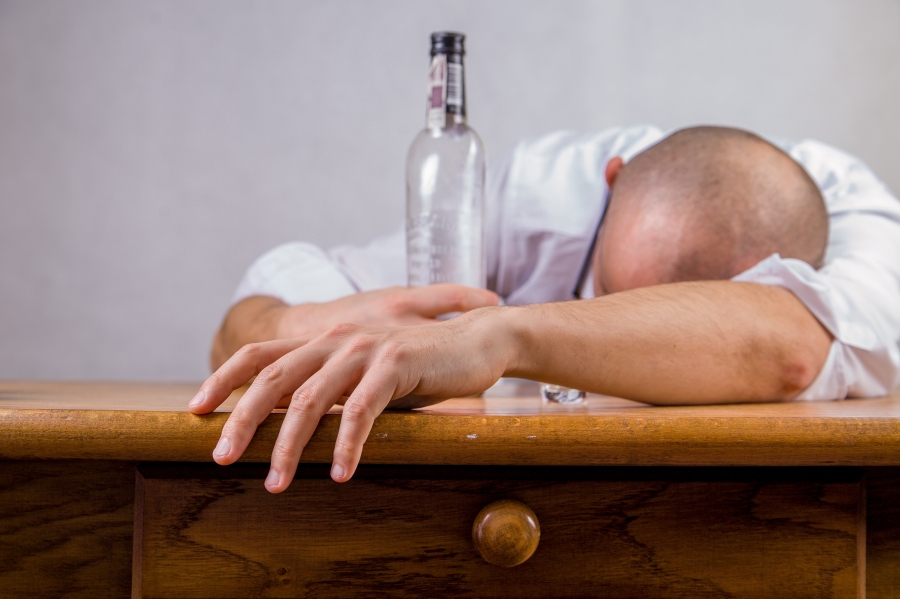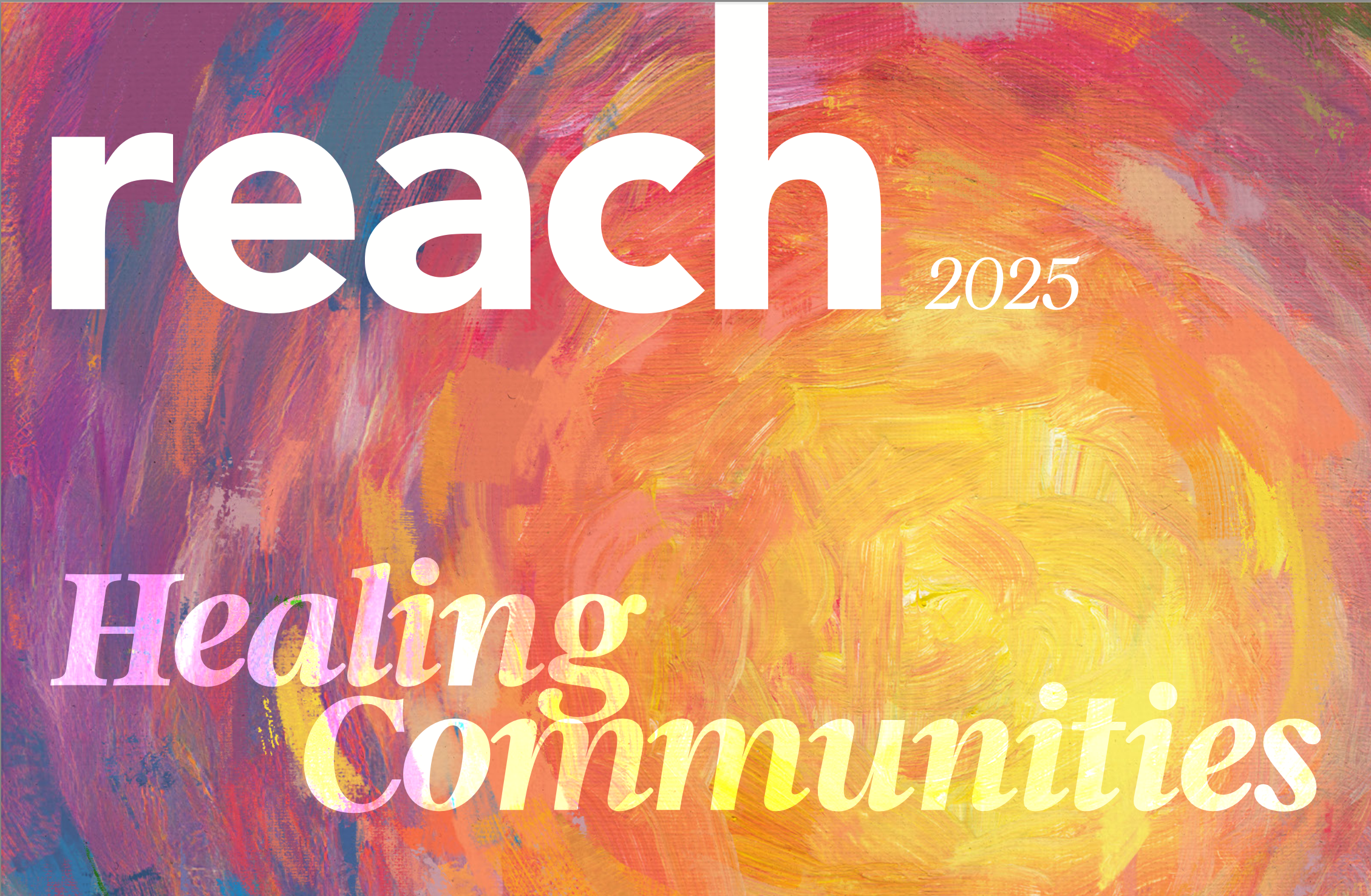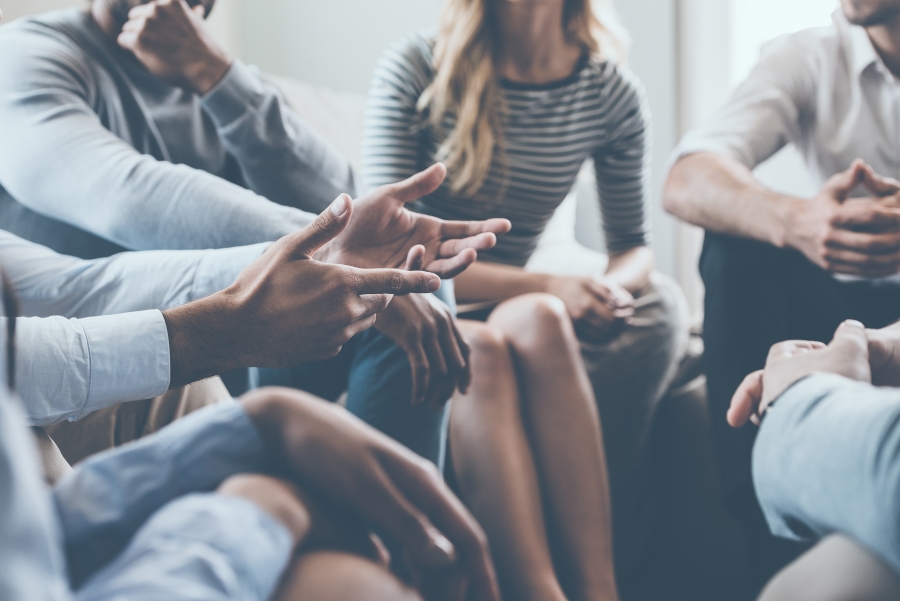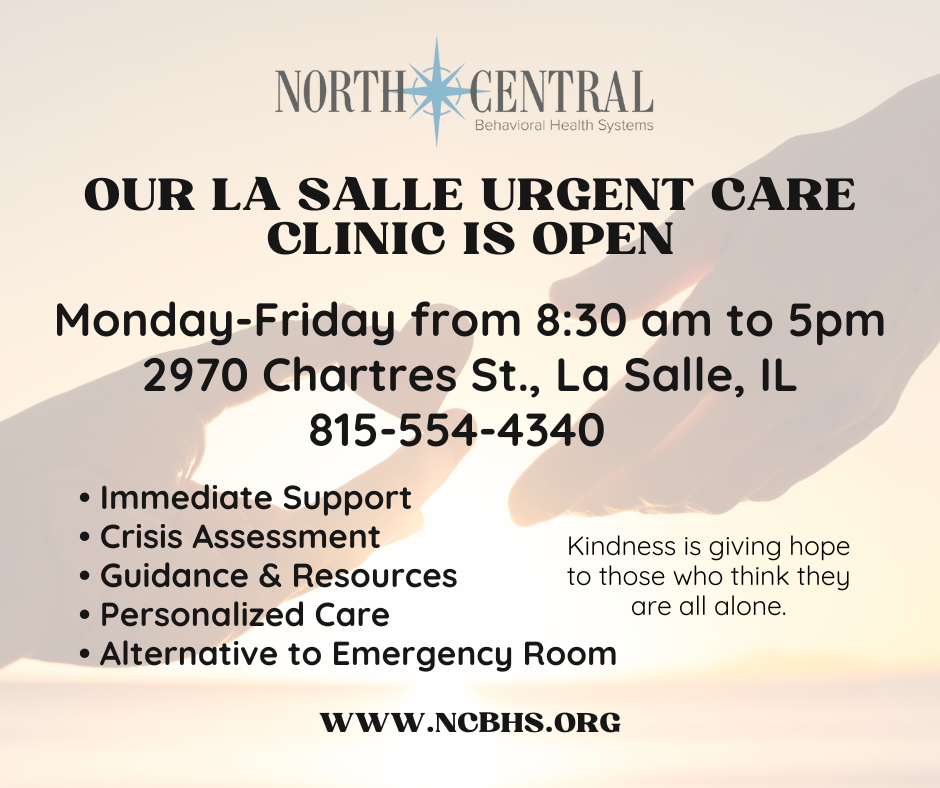
We as human beings are social creatures whose most basic needs include the need for being socially connected. If you or someone you know is in recovery from a substance use disorder, you know that being able to connect to other individuals in recovery is an important component to maintaining sobriety. During this time of uncertainty with the spread of COVID-19, self-isolation and boredom that comes with social distancing can trigger a relapse on drugs or alcohol.
Managing Your Triggers
In a recovery program, a client is taught that a relapse is a process, not an event. In other words, if you are not in the process of recovery, you are already in the process of a relapse. Being able to identify and manage your triggers is an important part of being able to maintain sobriety.
If you find that you are having difficulty managing cravings and thoughts of using during down time, it would be a good time to take inventory of your triggers. Taking inventory of your triggers is simply compiling a list of feelings, experiences, people, places and things that you associate with your drug and/or alcohol use. You can break your list down into:
Internal triggers: feelings that people have before or during use of either drugs or alcohol.
External triggers: the people, places and things associated with drinking alcohol or using other drugs.
Sensory triggers: are related to the senses of sight, taste and touch.
After you know what your triggers are, you can begin to start avoiding the ones you are able to avoid and interrupt the triggers you are unable to avoid. Examples of triggers that you can avoid include certain people, places or high risk situations.
An example of a trigger you may not be able to avoid but may be able to interrupt might be how you decide to spend a Friday night. You cannot avoid the fact that Friday night will inevitably occur but you can make a conscious decision to change how you choose to spend your Friday night.
How Un-managed triggers lead to relapse
The next step in relapse prevention is to be aware of how un-managed triggers can lead to a relapse. Because of the strong connection between the trigger and the substance, the trigger goes to work automatically.
Triggers make the person think about the substance, even if just for a second. If the person continues to think about the substance, it becomes more likely that he or she will begin to develop cravings. When a person has cravings, they begin to experience physical changes in their body which may include increased heart beat or sweaty palms. As the craving grows, the physical changes in your body affects the person, making it easier for them to give into the cravings, thus resulting in a relapse.
Without realizing it, most people have already relapsed before they are able to recognize the relapse process that had occurred before the actual relapse event. This is why it is important to be able to identify your triggers, avoid the triggers you can or change your routines to when you are unable to avoid certain triggers.
Another saying one might hear in recovery is to “keep your mind and your hands busy”. There is no better way to get out of your own head than to use your hands. Utilizing or developing your coping skills during this time of isolation can also help to combat thoughts of using as well as combat symptoms of depression and anxiety.
Some examples of coping skills include:
- gardening
- working on a project
- home repairs
- taking up a new hobby
- exercising
Online Resources and Additional Help
It is also important to remember that there are also a lot of online resources for individuals in recovery. Just because you cannot connect with your support group in person doesn’t meet you cannot connect online. Below is a link to Substance Abuse and Mental Health Services Administration (SAMHSA) where you will find additional resources to help you connect online if you are unable to connect in person with your natural supports.
https://www.samhsa.gov/sites/default/files/virtual-recovery-resources.pdf


